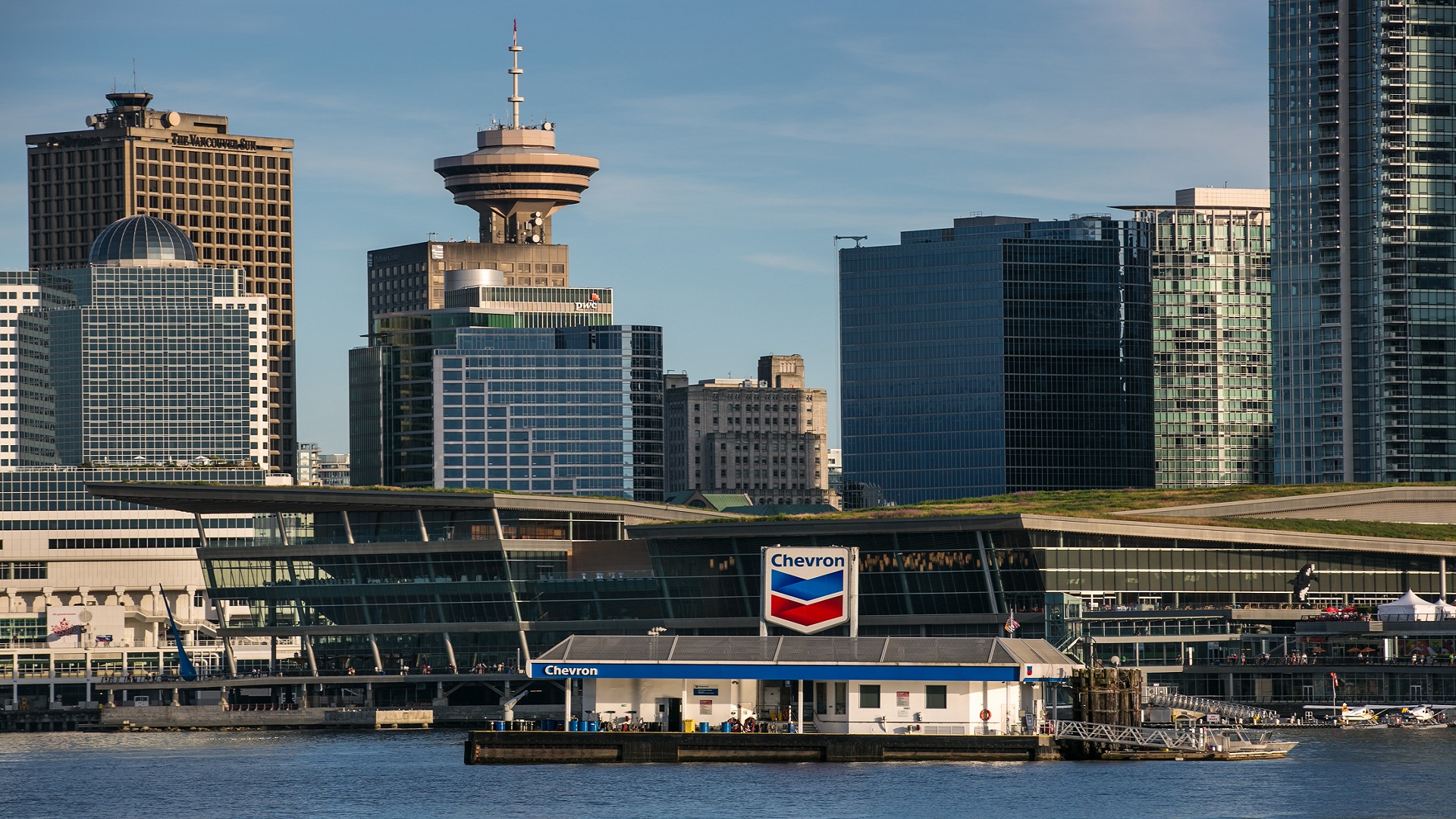

British Columbia wants to phase out sales of new internal-combustion cars by 2040. The Canadian province plans to introduce legislation next year to make that happen, reports Reuters. British Columbia joins multiple governments around the world looking to end sales of new gasoline and diesel cars in the coming decades.
The government reportedly plans to phase in zero-emission vehicle sales targets in order to meet its goal. The proposed targets would start at 10 percent in 2025, rise to 30 percent by 2030, and jump to 100 percent of new car sales by 2040.
In addition, British Columbia plans to expand its network for fast-charging stations and allocate an additional $20 million Canadian ($15 million U.S.) for customer incentives. The province already offers a $5,000 Canadian ($3,764 U.S.) credit for the purchase of new battery-electric cars and plug-in hybrids, or $6,000 Canadian ($4,516 U.S.) for the purchase of new hydrogen fuel-cell vehicles.
Multiple European countries have proposed ending sales of new non-electrified cars in the coming decades, with both the United Kingdom and France aiming for 2040. Scotland’s government has proposed doing the same by 2032, and Norway has discussed a deadline of 2025. The Scandinavian country may have the best chance of success, as electric cars and hybrids already make up half of its new car sales.
While British Columbia is the first Canadian province to propose an outright end to sales of new gasoline and diesel cars, in 2016 Quebec passed legislation requiring automakers to sell a certain number of zero-emission vehicles. It’s equivalent to the zero-emission vehicle mandate already in place in California and is intended to boost zero-emission vehicles to 15.5 percent of total new-car sales in the province by 2020.